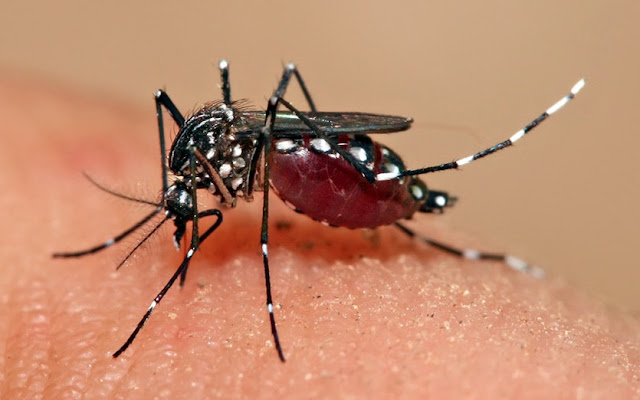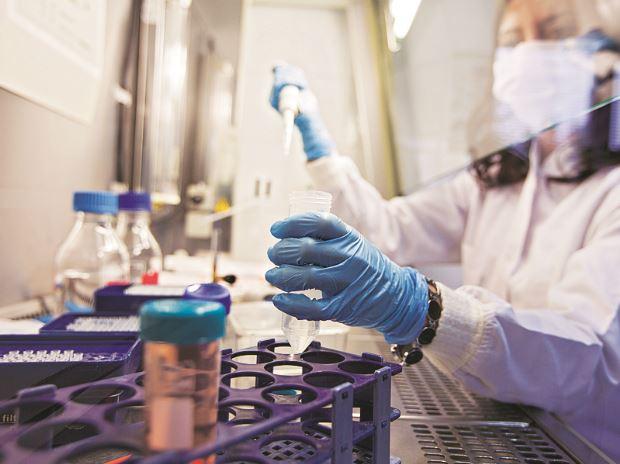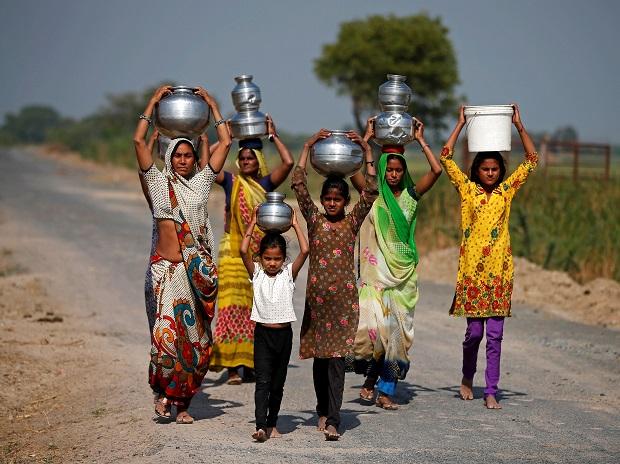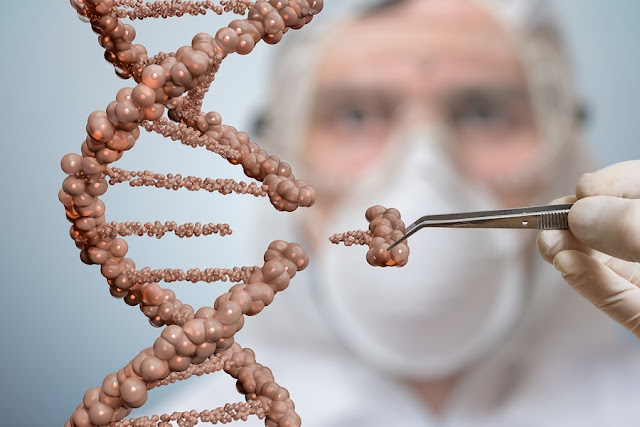Coronavirus vaccine update: Patanjali claims to have found cure in Ayurveda
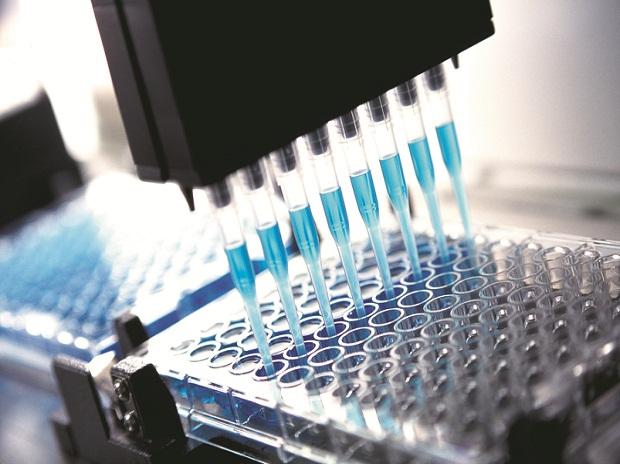
The total number of coronavirus cases across the world has now crossed the 8-million mark. Acharya Balkrishna, Chief Executive Officer (CEO) of Patanjali has claimed that an Ayurvedic medicine developed by the company has been able to cure Covid-19 patients within 5-14 days. Meanwhile, major pharmaceutical companies such as Gilead Sciences, AstraZeneca, Pfizer and Moderna are rushing to find a successful vaccine and some of them have succeeded in many ways. 1. Patanjali's Ayurvedic coronavirus treatment "We are not talking about an immunity booster. We are talking about a cure," said Acharya Balkrishna, managing director of Patanjali. According to the firm, an Ayurvedic medicine developed by the company has been able to cure Covid-19 patients within 5-14 days. The clinical trials were conducted in Indore and in Jaipur after Patanjali secured permission last week. Read More

